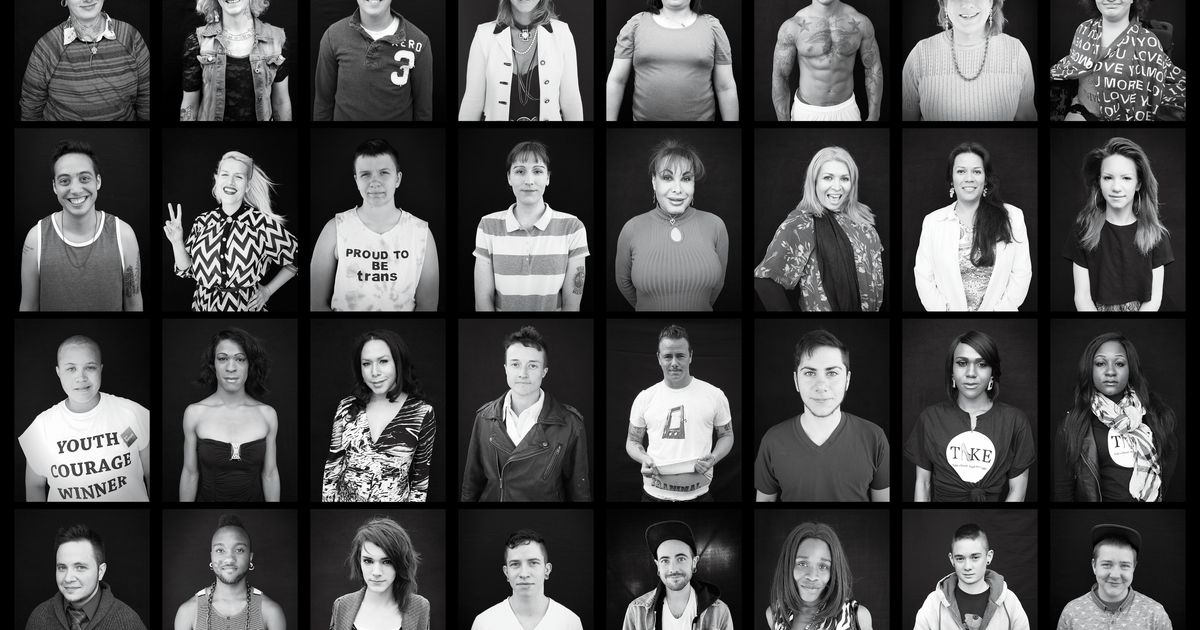… [Hanging] trans rights on the thin peg of gender identity, a concept clumsily adapted from psychiatry and strongly influenced by both gender studies and the born-this-way tactics of the campaign for marriage equality [was a mistake]. [It] has won us modest gains at the level of social acceptance. But we have largely failed to form a coherent moral account of why someone’s gender identity should justify the actual biological interventions that make up gender-affirming care. If gender really is an all-encompassing structure of social norms that produces the illusion of sex, critics ask, why would the affirmation of someone’s gender identity entail a change to their biology? As a result, advocates have fallen back on the clinical diagnosis of gender dysphoria, known until about a decade ago as gender identity disorder, defined as the distress felt at the incongruence of gender identity and biological sex. The idea that trans people fundamentally suffer from a mental illness has long been used by psychiatrists to decide who “qualifies” for transition-related care and who does not. By insisting on the medical validity of the diagnosis, progressives have reduced the question of justice to a question of who has the appropriate disease. In so doing, they have given the anti-trans movement a powerful tool for systematically pathologizing trans kids.
…
We will never be able to defend the rights of transgender kids until we understand them purely on their own terms: as full members of society who would like to change their sex. It does not matter where this desire comes from. When the TARL [(trans-agnostic reactionary liberal)] insinuates again and again that the sudden increase of trans-identified youth is “unexplained,” he is trying to bait us into thinking trans rights lie just on the other side of a good explanation. But any model of where trans people “come from” — any at all — is a model that by default calls into question the care of anyone who does not meet its etiological profile. This is as true of the old psychiatric hypothesis that transsexuality resulted from in utero exposure to maternal sex hormones as it is of the well-meaning but misguided search for the genes that “cause” gender incongruence. It is most certainly true of the current model of gender identity as “consistent, insistent, and persistent,” as LGBTQ+ advocates like to say. At best, these theories give us a brief respite from the hail of delegitimizing attacks; they will never save us. We must be prepared to defend the idea that, in principle, everyone should have access to sex-changing medical care, regardless of age, gender identity, social environment, or psychiatric history. This may strike you as a vertiginous task. The good news is that millions of people already believe it.



Well, for good or ill, kids are treated differently because they don’t have the full ability to give meaningful consent. That includes a lot more than medical issues, but it includes medical issues.
With that standard in place, and it should be, there’s no reason someone being trans should be treated any different than any other major procedures/treatments.
Now, that’s absolutely only as regards medical issues. And “puberty blockers” are a necessary exception since the dangers of that not being available far outweigh any minor risks from the medication. Any changes that aren’t medical other than that are between the kid, their parents, and their doctors as consultants. The rest of us have no business interfering in that.